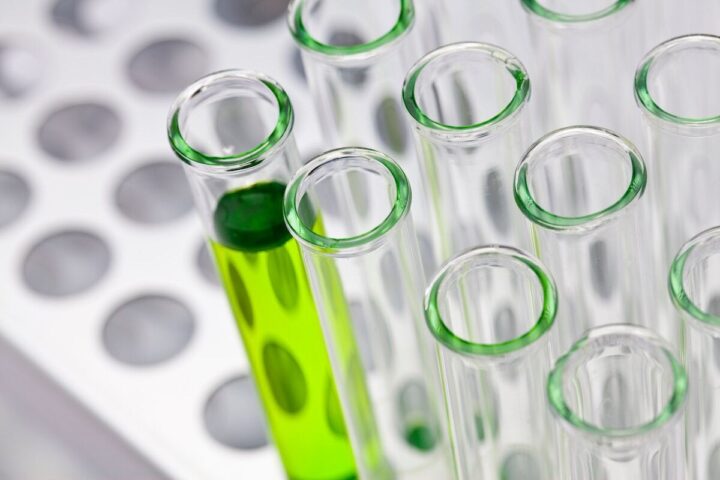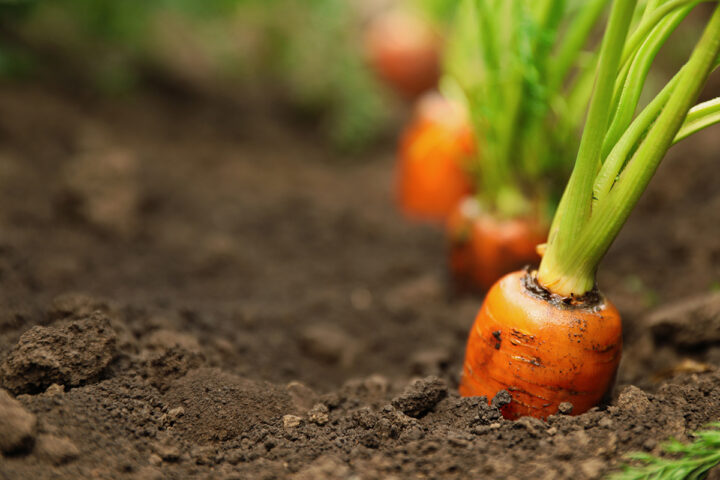
Natural is naturally dangerous – Why the plant's own poisons are underestimated
Many believe that natural foods are safer than those with synthetic pesticides. But plants produce their own poisons – and these are often just as risky. While artificial residues are regulated, natural defences are largely ignored. A fallacy, as scientist Bruce Ames shows.
Friday, February 7, 2025
In his widely acclaimed 1990 study ‘Dietary Pesticides (99.99% All Natural)’, Ames shows that 99.99% of the pesticides in our food are of natural origin. Plants protect themselves by producing chemical defences against insects and microorganisms. These substances are found in vegetables, fruits and spices – in other words, in foods that are considered particularly healthy. However, studies show that half of these natural pesticides have a carcinogenic effect in animal testing. The same applies to synthetic pesticides, although these are strictly regulated.
Double standards in risk assessment
While synthetic residues regularly make the headlines, natural plant toxins are rarely discussed. A cup of coffee contains more known carcinogens than the amount of pesticide residues that would be ingested from other foods during an entire year. Nevertheless, coffee is not considered dangerous – a contradiction that Ames and other researchers criticise. Many consumers' environmental and health awareness is also based on this distorted perception.
It's not fear that counts, it's science
In an interview with Virginia Postrel (‘Of Mice and Men’), Ames emphasises that the debate about cancer prevention should focus on the essentials. More important than scaremongering about pesticide residues is a healthy diet with plenty of fruit and vegetables. It has been scientifically proven that a balanced diet reduces the risk of cancer – regardless of whether the food contains small amounts of synthetic or natural pesticides.
If you really want to live a healthier life, you should not rely on ‘organic’ as a guarantee of safety, but on fact-based decisions. The question is not whether pesticides – whether natural or synthetic – are harmful, but how we can use scientific progress to reduce real health risks.
The underestimated danger of plant toxins
So-called phytotoxins can be dangerous for humans. In order to assess the potential danger of phytotoxins in Switzerland, researchers at Agroscope, the federal centre of excellence for agricultural research, are investigating which plant-based toxins are present in our waterways.
Kindly note:
We, a non-native editorial team value clear and faultless communication. At times we have to prioritize speed over perfection, utilizing tools, that are still learning.
We are deepL sorry for any observed stylistic or spelling errors.
Related articles

«Synthetic equals toxic? Wrong!»
When shopping for food on a daily basis, we often rely on our gut feeling. This can be very useful and save us a lot of thinking. But when it comes to assessing risks, our gut feeling can also be deceptive. Angela Bearth, a behavioural psychologist at ETH Zurich, explains why this is the case in the swiss-food podcast.

"Natural is healthy, chemicals are toxic."
Everything that occurs in nature is healthy and synthetically produced substances, i.e. "chemical" substances, are toxic. This myth is fundamentally wrong: There are many highly toxic substances in nature, and at the same time there are many synthetic substances that are absolutely harmless.

Natural plant defences put to use
Plants release scents to repel pests. Research shows that these natural signals could also be used as herbicides. The approach is exciting, but it is not a panacea – conventional pesticides remain indispensable.

Residues, thresholds, trust – looking calmly behind the headlines
In this conversation with toxicologist Lothar Aicher, the discussion focuses on how residues enter the body, how their potential harm is assessed, and what role modern analytical methods play.

Hazard is not the same as risk: how we understand – and should understand – threshold values
In this episode of the podcast, risk researcher Angela Bearth discusses residues and threshold values in food – a topic often debated emotionally. In public discussions, threshold values tend to dominate, while the complex challenges of agriculture are rarely considered. Studies show, however, that once these relationships are explained and solutions are addressed, people respond in a more differentiated way.

PFAS, trade-offs and responsibility – how politics and agriculture find solutions
In this episode of the joint series by Agrarpolitik – der Podcast and swiss-food.ch, National Councillor Christine Badertscher discusses how residues and threshold values are debated in Parliament.

Thresholds, approvals, responsibility – how plant protection products are really assessed
Threshold values are often at the centre of public debate – yet in reality they are only a small part of a much broader risk assessment system. Dr Michael Beer, Head of the Food and Nutrition Division at the Federal Food Safety Office, provides clarity.

